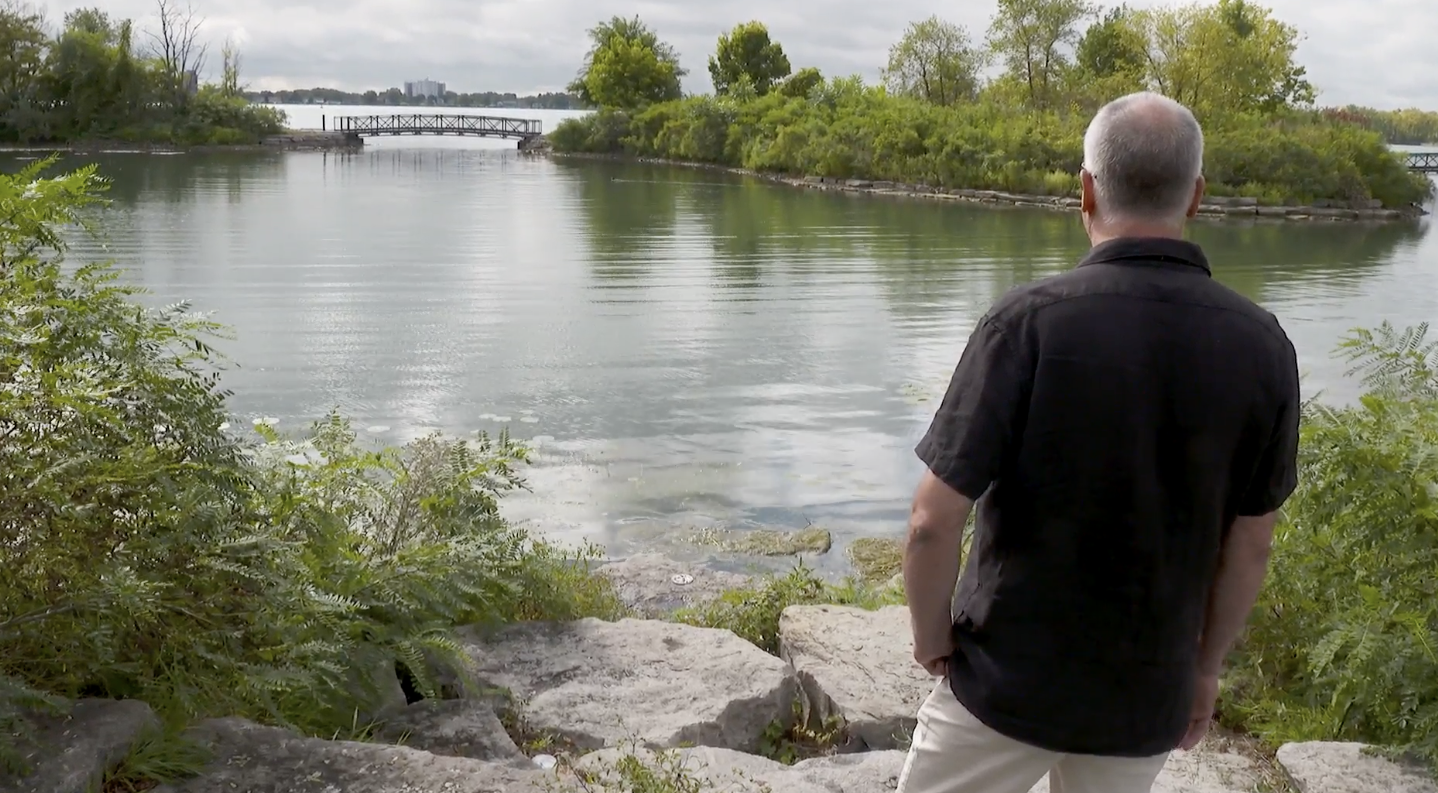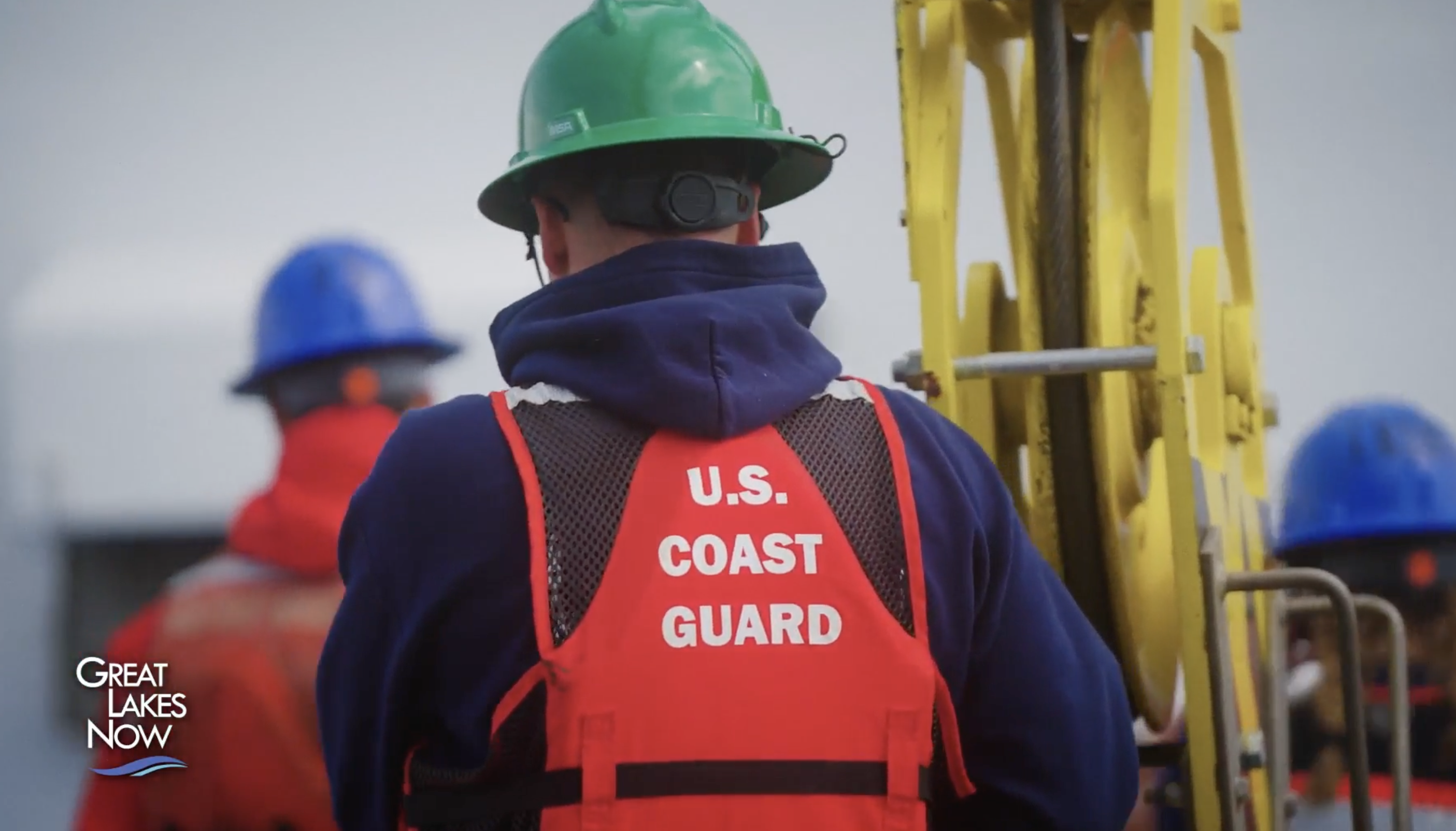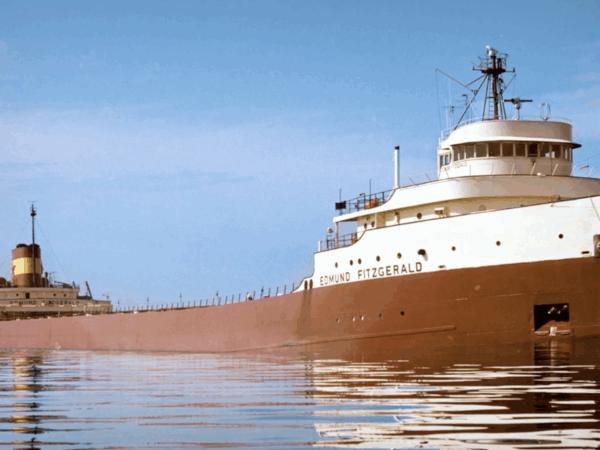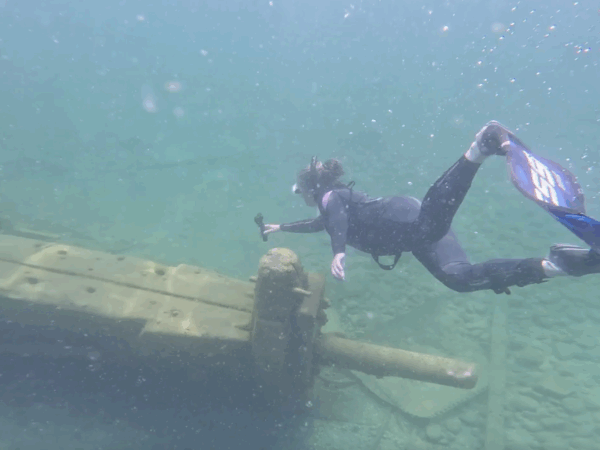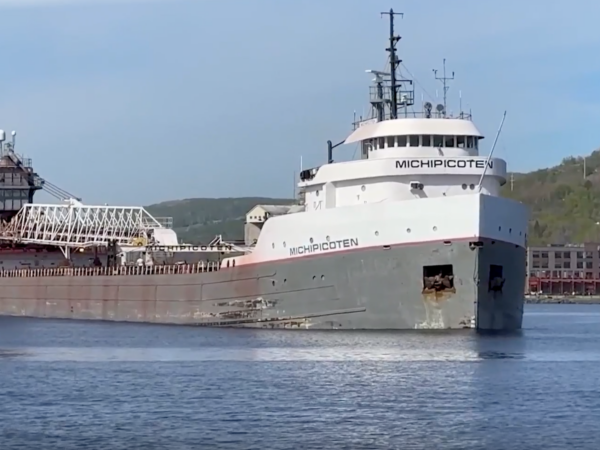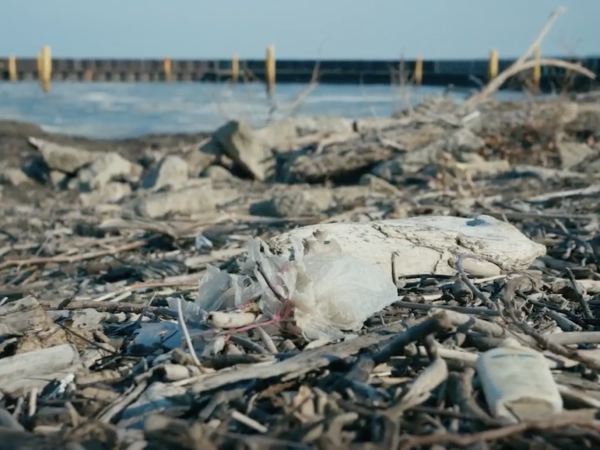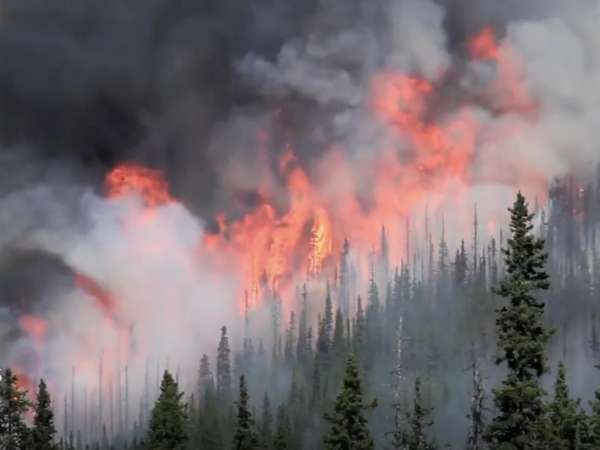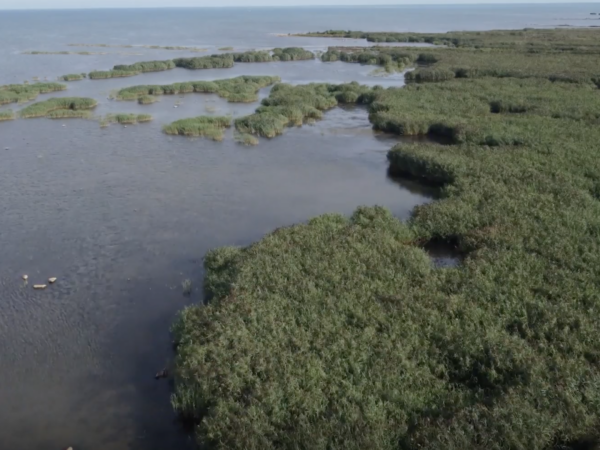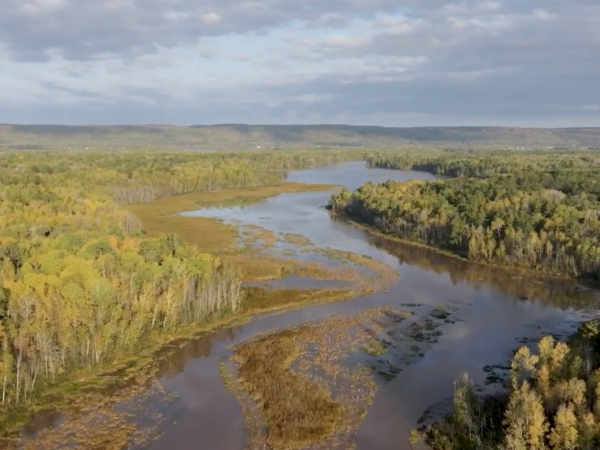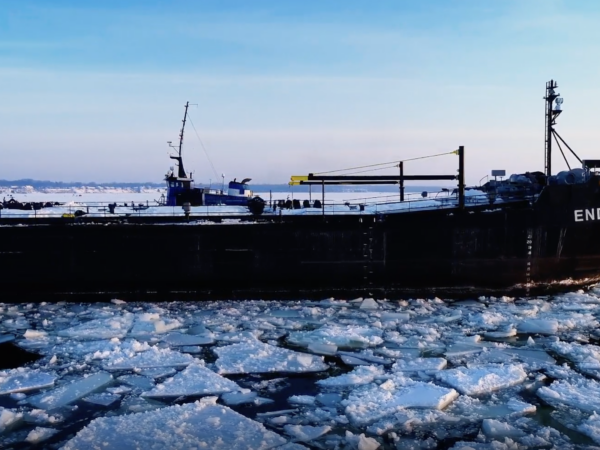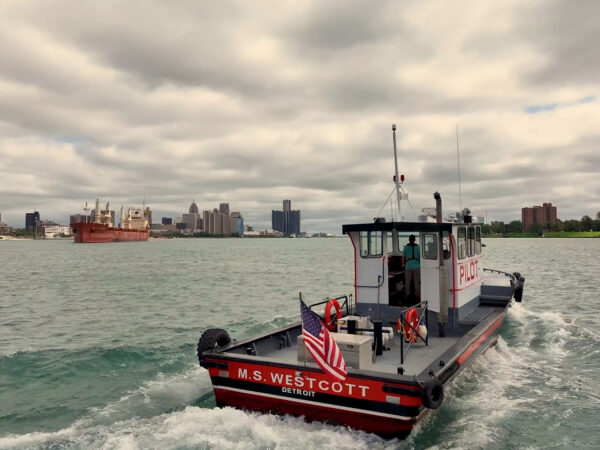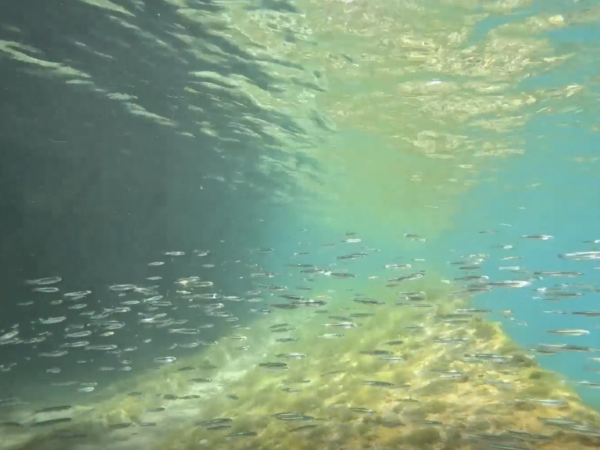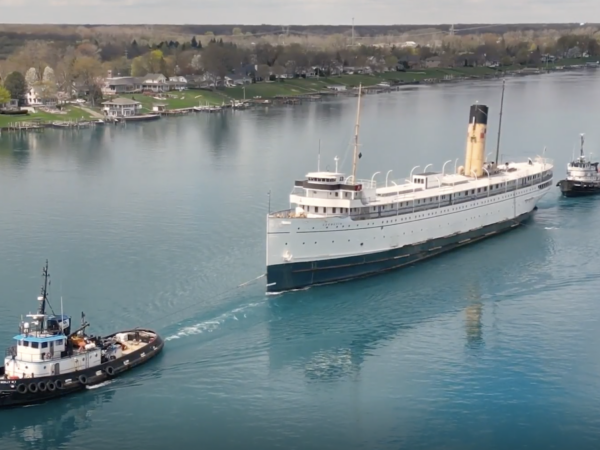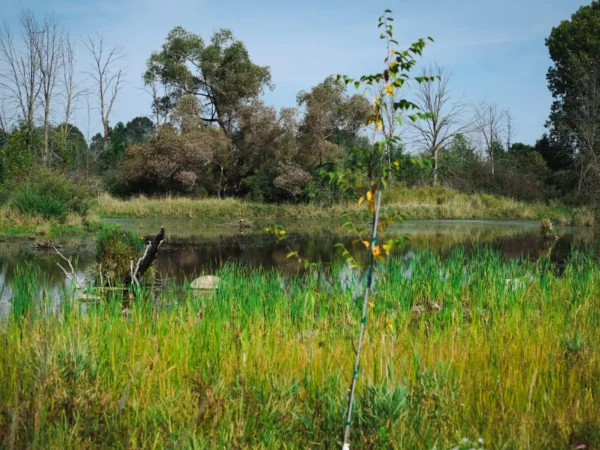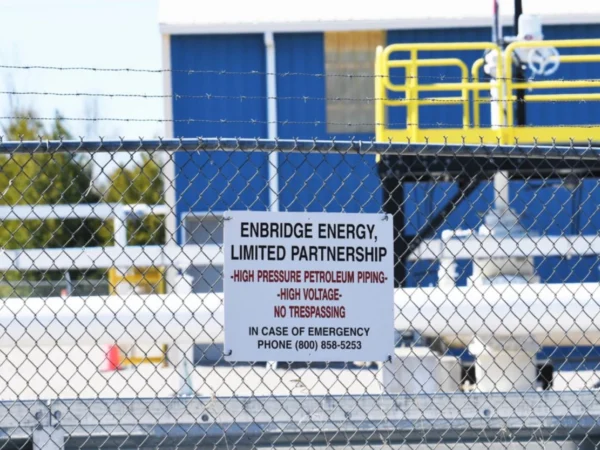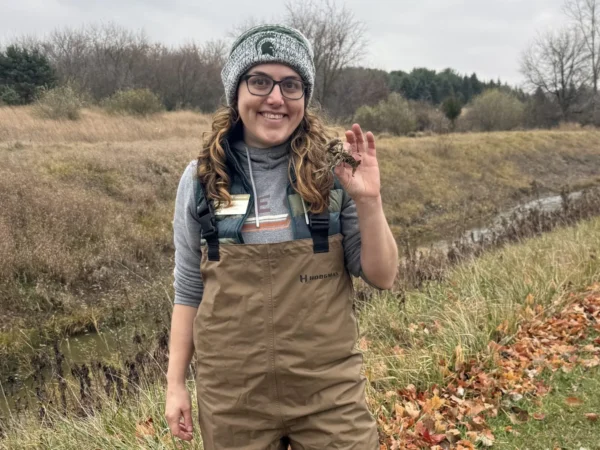IN THIS EPISODE:
In this episode of Great Lakes Now, “Oil Spills and Buried Rivers,” learn about how researchers are preparing for an oil spill in the Great Lakes, and then a look at “ghost streams” — the invisible buried rivers that flow beneath our feet.
When to Watch?
Check your local station for when Great Lakes Now is on in your area.
What happens if there’s an oil spill in the Great Lakes?
SEGMENT 2 | CHEBOYGAN, MI; ST. IGNACE, MI; MUSKEGON, MI; ANN ARBOR, MI; DETROIT, MI; SAULT STE. MARIE, MI
In September, 2023, the U.S. Coast Guard was in the Straits of Mackinac along with partners from the US Navy and specialists in spill response, testing their oil spill preparedness in the event of a worst case scenario.
This exercise isn’t just about equipment. It’s about rethinking response strategies and exploring what’s at stake in a freshwater spill, where threats are unique and the stakes high.
Most spills happen in saltwater, so the skills and experience needed to respond in a freshwater environment are thin by comparison. And unlike the ocean, the Great Lakes are a source of drinking water for millions of people.
Featured Articles


